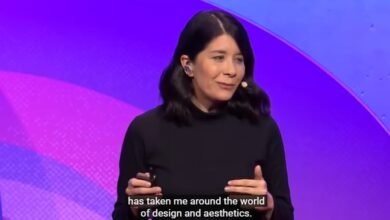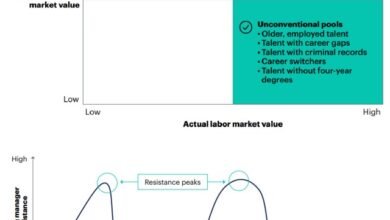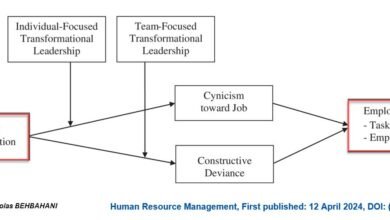
- It’s time for organizations and individuals to stop focusing on dominating the competition — and learn from them instead. By identifying a Worthy Rival and looking at their strengths and abilities, we can keep improving and innovating, says writer Simon Sinek.
Source | ideas.ted.com | Simon Sinek
Professor James P. Carse has argued that there are two types of games: finite games and infinite games. In finite games, the players are known, the rules are fixed, and the end point, winners and losers are all clear, as in a game of football or chess. But in infinite games — like business or politics or life itself — the players come and go, the rules are changeable, and there is no defined end point. There are no winners or losers, just ahead and behind.
Writer Simon Sinek believes that many of the struggles faced by organizations exist because their leaders are playing an infinite game with a finite mindset. While a win-lose mode can sometimes work for the short term, it has grave consequences over the longer term. Leaders who embrace an infinite mindset have the resilience to thrive in a changing world.
One key aspect of cultivating an infinite mindset is to identify who your Worthy Rivals are — and study them. “Traditional competition forces us to take on an attitude of winning; a Worthy Rival inspires us to take on an attitude of improvement,” writes Sinek, in his new book The Infinite Game. “The former focuses our attention on the outcome; the latter focuses our attention on process … An excessive focus on beating our competition not only gets exhausting over time, it can actually stifle innovation.”






